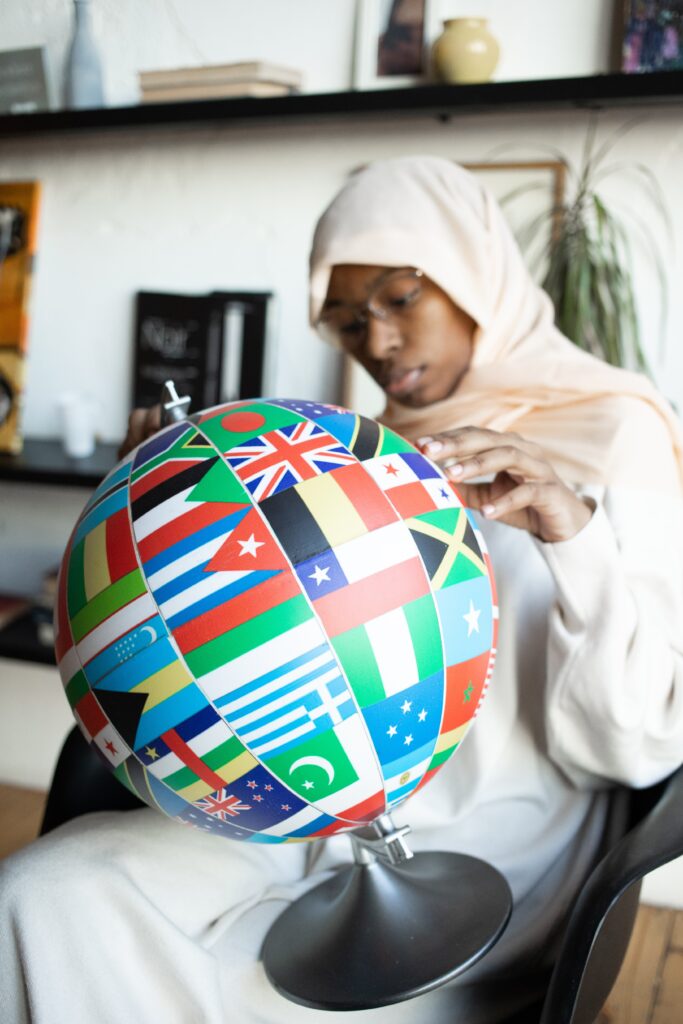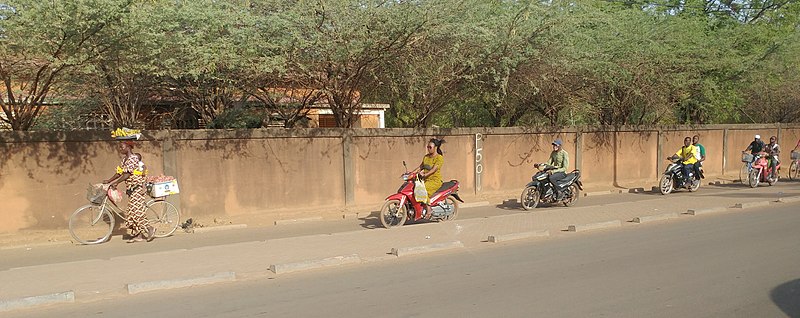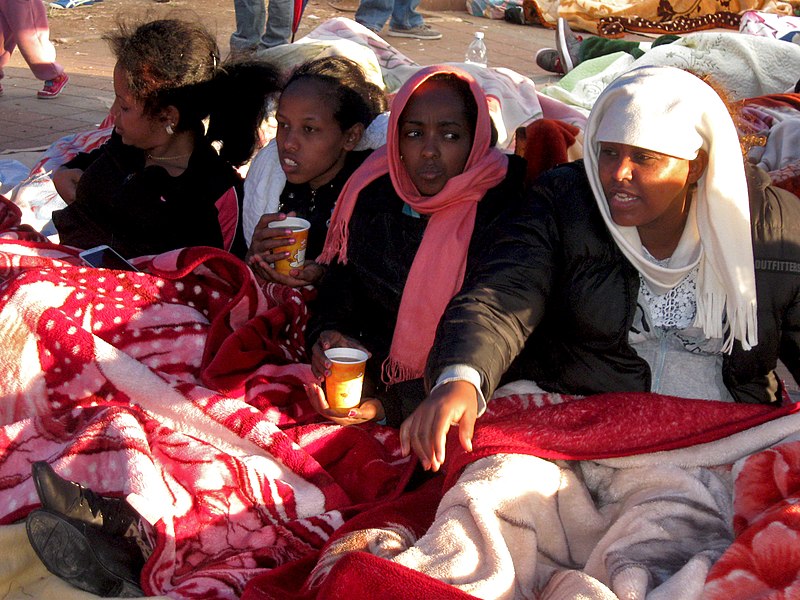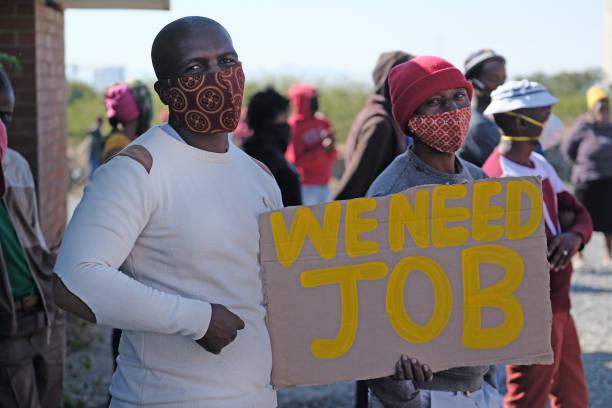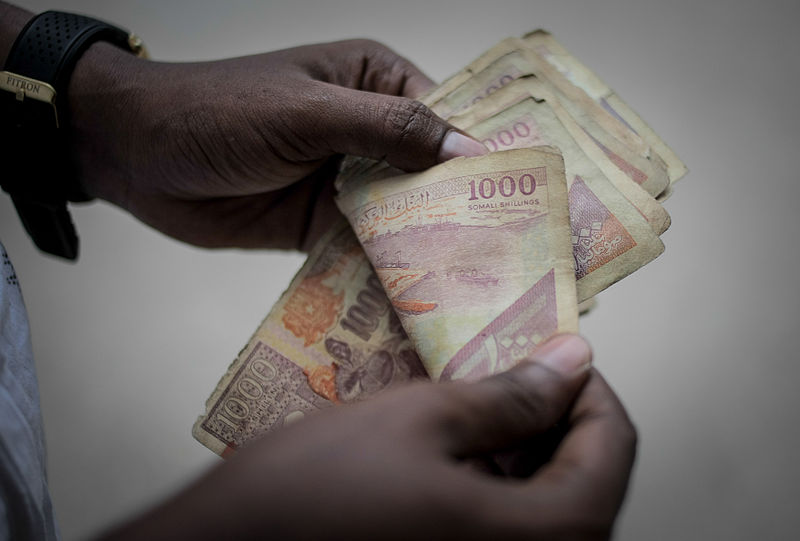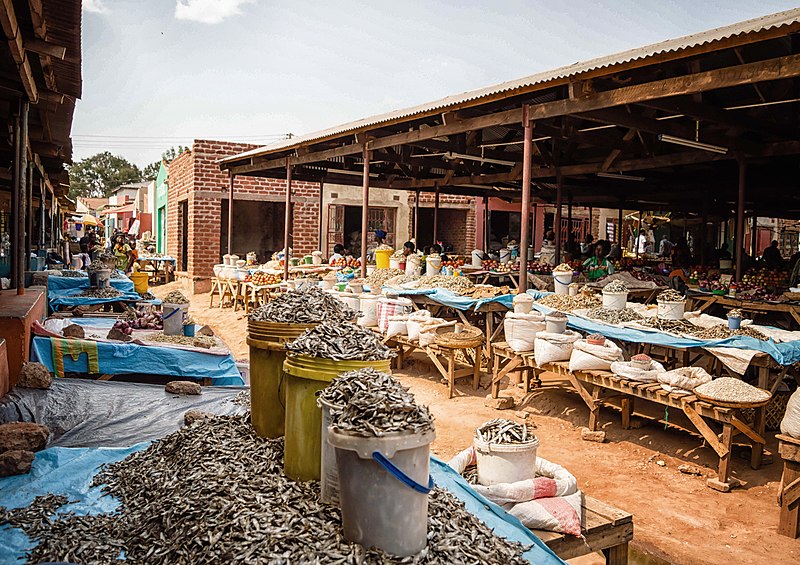Poor living conditions, economic hardships, unemployment, gender inequalities, violence, sexual and gender-based violence, lack of access or limited livelihoods and resources, conflicts, and natural disasters are among the many causes of African female migration. Migration for women is a coping strategy to improve living conditions and access better employment, remuneration conditions, and educational opportunities.
While African female migrants contribute to developing countries of origin and destination, they are increasingly often vulnerable to exploitation, violence, human rights violations, precarity, irregular migration, human trafficking, and smuggling of migrants. Their vulnerability to intersecting discriminations in the origin, transit, and destination country compounds their health, well-being, and human capabilities.
Researchers and scholars have argued that most migration studies are gender-blind. Increasingly, abundant literature looks at the gender dimensions of migration or the gendering processes of migration. The way men and women migrate is filtered by gender and contextual factors. Globalization, internationalization of labor markets, and labor shortage have led to increasing demand for female migrant workers, especially in domestic and care work and healthcare sectors. Gender discrimination and other forms hinder women’s access to labor markets and economic and social empowerment. Intersecting forms of discrimination result in increasing human rights violations.
Most migration laws and policies are gender-blind. It is essential to mainstream gender into migration laws and policies. Gender-sensitive migration policies imply accurate, reliable, and gender-disaggregated data to address the specific needs of migrant women and girls and the challenges underlying the migration and gender nexus.
Despite the increasing feminization of international migration, most female migrants are vulnerable to discrimination, exploitation, abuse, and human rights violations. Unfavorable structural conditions, strict visa and migration policies, and border control policies lead to increasing irregular migration, of whom a significant number of female rare migrant.
Weak or poor migration governance in origin and destination countries increases the vulnerability of female migrant workers to exploitation, human rights violations, violence, and abuses. The increasing informalization of migration in origin countries and criminalization of migration in destination countries have accentuated the vulnerability of migrants, especially female migrants, to irregular migration, human trafficking, and smuggling of migrants. Unfavorable structural conditions, strict visa and migration policies, and border control policies lead to increasing irregular migration, of whom a significant number of female migrants.
African female migrant workers often endure precarious working conditions. They are often vulnerable to deskilling, precarity, and brain waste. Because of discrimination in the labor market and other forms of discrimination, they often end up in 3-D jobs with precarious working and remuneration conditions.

